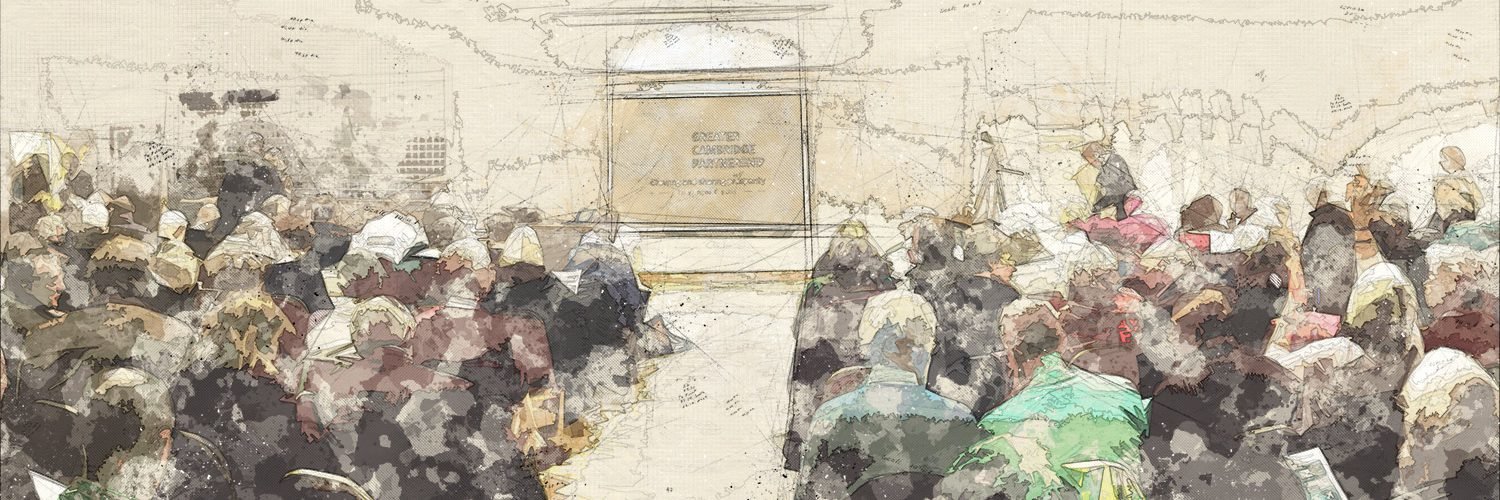There has not been a month in the past five years in Greater Cambridge without a consultation – some with significant bearing on the region’s future, two of which are currently open: the County Council’s Climate Change and Environment Strategy and Cambridge and South Cambridgeshire’s Local Plan.
Many of the same people and organisations respond, but the vast majority do not, creating a self-selection bias in the responses. Questionnaires are often poorly designed, making quantitative analysis largely meaningless. For instance, the above-mentioned Climate Change consultation allows people to rate every action as “very important”, rather than prioritise them, even though the council has insufficient resources to do everything concurrently.
Furthermore, question-and-answer consultations measure people’s attitudes as if they are static. Attitudes can and do change with increased understanding of a problem and potential solutions, exposure to influential examples and peer pressure.
To address the climate crisis, air pollution and road congestion meaningfully, we all have to adopt different attitudes, for example towards solo-driving, long-haul flights and single-use plastics. Only then will we be motivated to change our behaviours and accept policies that require us to do so. Consultations aren’t doing that.
This is where “deliberative democracy” can help: a representative group of people consider evidence, proposals and trade-offs in detail before making a decision. That is how government is supposed to work, but largely doesn’t. At a local level, political divisions make it impossible to have honest, cogent debates about difficult problems; and institutional boundaries make it impossible to deliver coherent and effective policies – most especially on transport, which is now the responsibility of three separate management hierarchies.
To make necessary radical changes to de-carbonise the economy, restore balance with nature, enhance public health and promote social justice, we have to do government differently – from public engagement through decision-making to policies and actions for change. I believe it needs civil society to lead that reform, starting with broad and deep engagement with communities, academia, businesses and other organisations.
I have a plan, and I’m seeking assistance and advice to develop and realise it. If you’re interested, please email me at edward@smartertransport.uk.
This article was first published in the Cambridge Independent on 22 January 2020.



Wow!!!!
Can you truly exist. Must be very different in Cambridge to Peterborough. There is no democracy here. Any opposition or concern regarding the type of consideration for public inclusion in preparation for avoidance of climate crisis you mention is met with resistance.
In Peterborough it is footfall and revenue at any cost to the environment because the Cabinet/Executive hide behind ‘Environment designatiion’.
Congestion charge would be a great way to raise revenue. That won’t happen whilst Cabinet members abuse their parking permits blatantly. (Refer to recent article in local press). The City Centre is a virtual car park. Charges raised to generate revenue. No park and ride facility in spite of Peterborough being surrounded by orbital road network. Land is worth more with private housing on not park and ride.
Fletton Quays development is marketed as an 8 minute drive to the station. It is about an 8 minute WALK. but as this is Peterborough getting around is based on ‘car use’ or grabbing a bike. Cheap (stolen) bikes a plenty.
It is by no means safe and secure to park a bike in Peterborough City Centre. Stolen bike selling is a business model upon which many ‘marginalised’ citizens depend. The ones I have met use proceeds to finance a vehicle in order to proliferate drug distribution. So forget ‘peddling’. There is a market in Peterborough. A black market that defines the disparate nature of the demographic.
Comfortable car drivers – or those of us who wait at bus stops and get used to passing cars and being mocked.
‘Oye you fuckin bus wanker’. Driving a car around Peterborough is part of embedded culture.
Until leaders do just that – take the lead on Sustainable Transport nothing will change. Most of them can be seen behind the wheel of a 4 x 4 safely locked in to their personal ‘safe’ bubble. Fiona Onasanya was just doing what most do in and around Peterborough – zipping around at speed in a motor car.